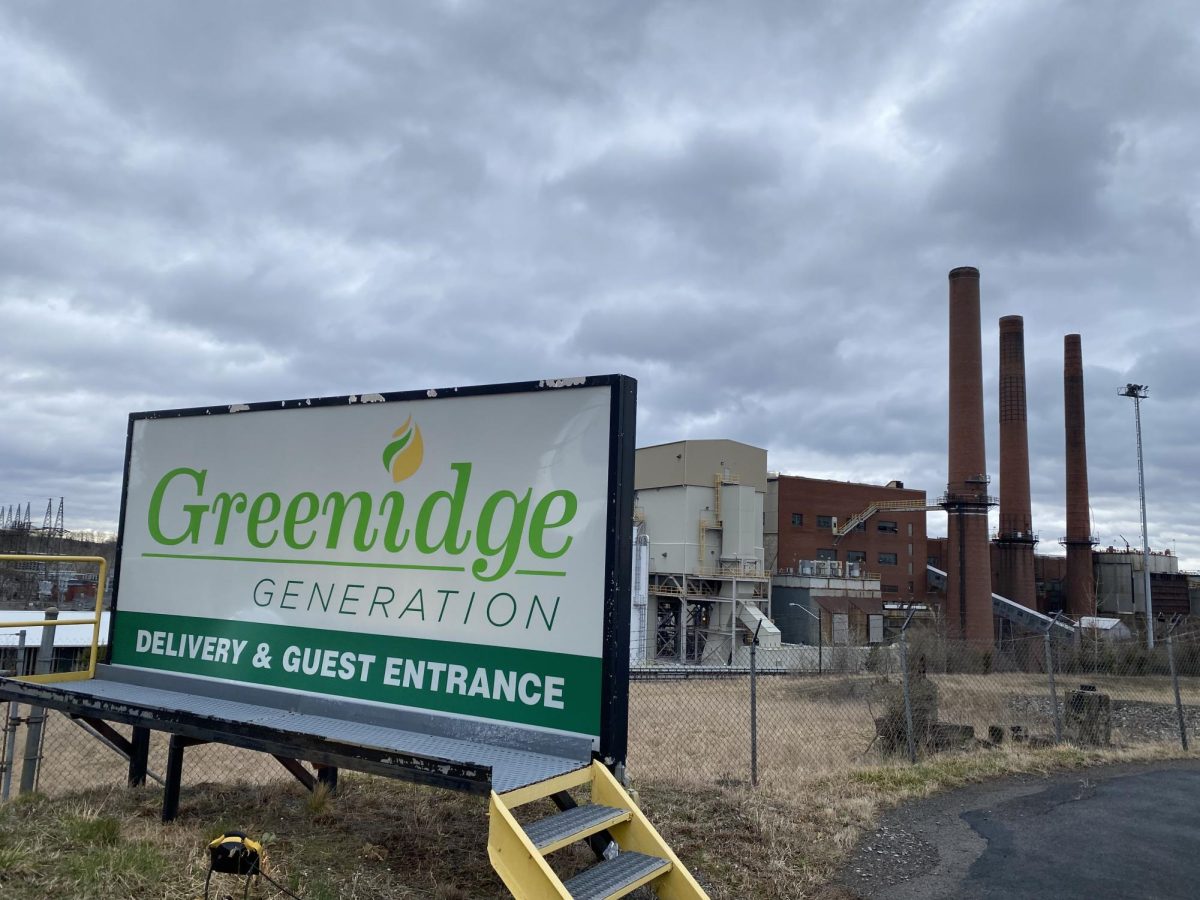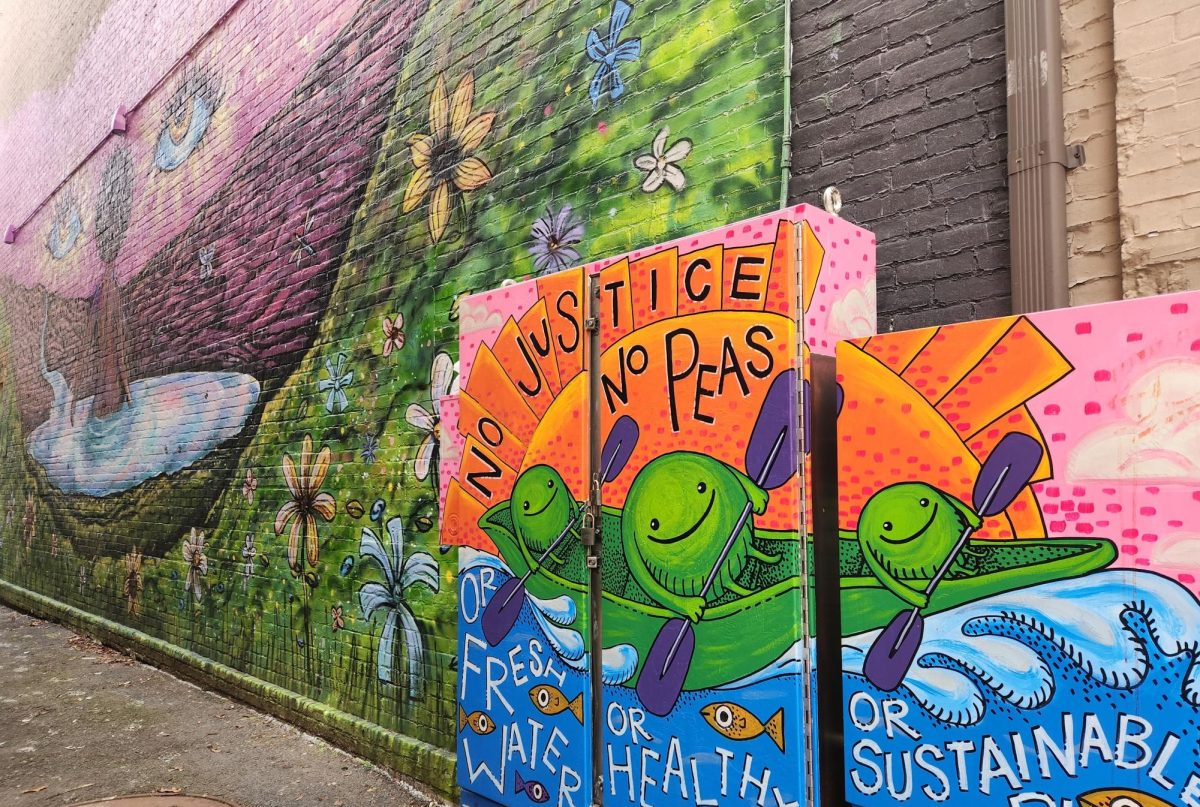In the small village of Dresden, NY, a subdued but constant industrial roar can be heard from the neighborhood streets.
The sound comes from the Greenidge Generation crypto mining facility, which has been operating for eight years in Dresden while bringing about several environmental concerns from advocacy groups.
Yvonne Taylor is vice president of Seneca Lake Guardian, one of the groups taking action against Greenidge.
“It’s being done for pure greed at the expense of all the rest of us,” she said.
Crypto mining is the process of verifying bitcoin transactions and adding new block chains into circulation. Systems that complete the process successfully receive monetary rewards.
The Greenidge facility uses natural gas from fracking operations to meet its high power demands, while releasing lots of carbon emissions.
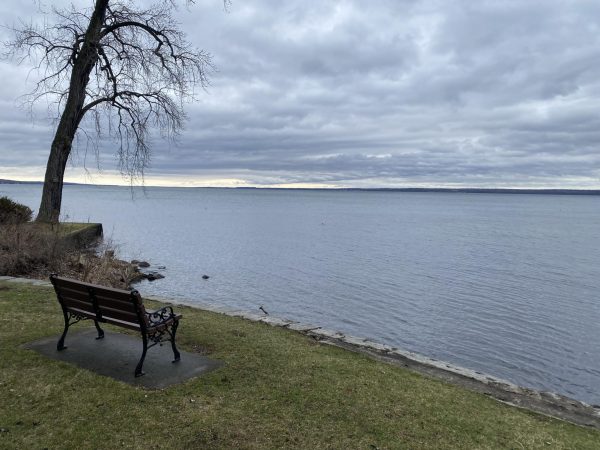
Greenidge’s Carbon Offsets
Greenidge states that the company is committed to operating carbon neutral facilities with the use of carbon offsets, and that three organizations review and certify its carbon offset projects.
However, only one of the organizations listed has any records of carbon offset credits purchased by Greenidge. There are two projects listed under Greenidge’s name which only account for some of Greenidge’s emissions.
Additionally, the projects listed don’t record CO2 emissions for years past 2023.
Greenidge also states that it buys CO2 auctions through the Regional Greenhouse Gas Initiative (RGGI). A representative from RGGI said the company does not keep public records of allowance purchases.
While the organizations do not keep track of outside market transactions, Greenidge has not responded to requests for information about its carbon offset purchases.
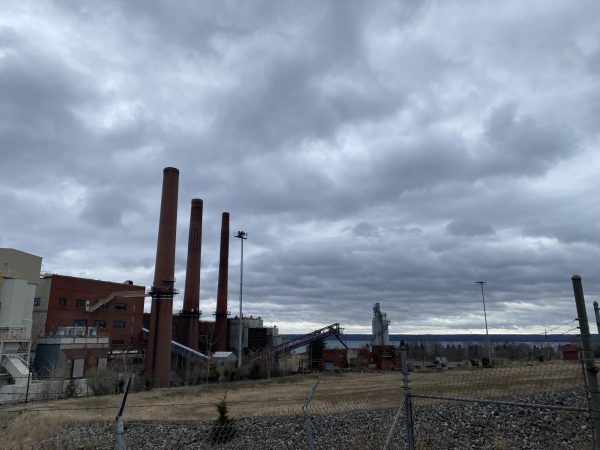
Noise Pollution
The energy-intensive process of crypto mining is loud, and can result in health concerns and noise complaints from locals. Residents living near mining facilities have reported problems like blood pressure spikes, tinnitus, migraines, permanent hearing loss; and even problems with pets, like hair loss and the development of chronic anxiety in dogs.
Greenidge Generation has developed and uses its own crypto mining system, Pod X, which the company reports is more efficient, safer, and quieter.
The National Institutes of Health says sounds at or above 85 decibels can cause hearing loss after periods of long exposure.
The organization Earthjustice states that the volume of the machinery in crypto mining facilities can reach 95 decibels – about the same as a moving subway train. Greenidge says that PodX’s volume output is 82 decibels.
The town clerk representing the village of Dresden did not respond to a request for comment.
The Bigger Picture
Greenidge has had a long-standing legal battle with New York’s Department of Environmental Conservation (DEC) in regards to the state’s Climate Leadership and Community Protection Act, which requires a steep reduction in greenhouse gas emissions by 2030.
The DEC has repeatedly ruled against renewing Greenidge’s air permit, because it doesn’t comply with the act. But Greenidge has kept appealing the decision and continued to run.
The case reached the New York State Supreme Court, where a judge ruled the DEC’s argument for denying the permit was unreasonable. The case was then remitted back to the DEC.
Greenidge said in a press statement that the case against them was a “politically motivated governmental overreach that had no basis in law.”
“Greenidge is continuing to find loopholes and appealing that decision, and while it’s doing all of that, it’s allowed to continue operating,” Taylor said. “While it’s continuing to operate, it is continuing to undermine our climate and to cause health issues and concerns for our community.”
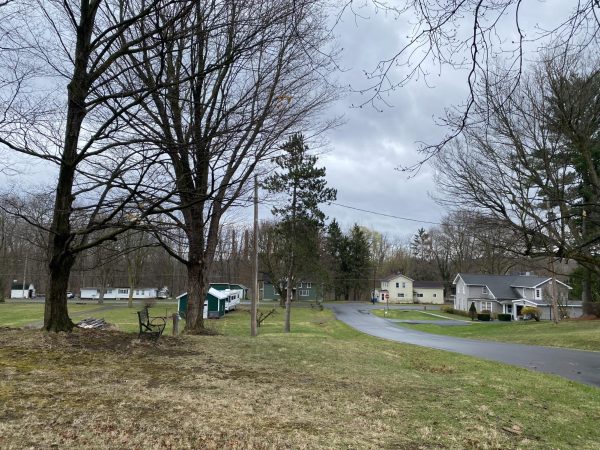
While New York is one of the strictest states in regards to environmental law, the Greenidge facility in Dresden is one of the biggest in the country.
Susan Allen, the chair of the environmental department at Ithaca College, said New York also has to balance environmental protections with possible driving forces for the economy.
“[New York] has been pretty environmentally conscious as a state, but they have to balance that with economic opportunities for communities,” she said.
In 2022, New York Gov. Kathy Hochul signed a temporary moratorium on crypto mining facilities that are seeking new permits to operate. It also added requirements for New York to look into how the emitting of mining facilities are impacting the state’s climate goals.
The moratorium didn’t apply to Greenidge because the facility was grandfathered in, meaning it was already operating before it took effect.
The two-year ban expired in late 2024 with no study completed.
Meanwhile, President Donald Trump has said he wishes to make the United States a “Bitcoin Superpower.” So far, the Trump administration has deregulated the crypto industry and looked into the creation of a national digital-asset stockpile, all while the Trump family has gotten personally involved in the crypto market.
“It’s the wild west for crypto mining in the United States,” Taylor said. “With very little environmental oversight and regulation.”
Greenidge Generation has announced expansions in Mississippi, South Carolina, and North Dakota.
“We’ll continue to do our work as long as we need to,” Taylor said.

